 SHOW TOPIC
SHOW TOPIC
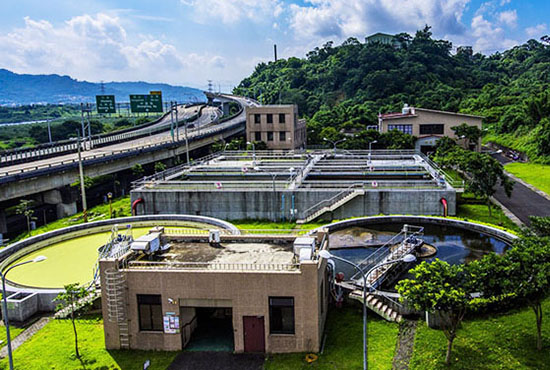 ITRI and Hsinchu County completed the verification on the smart biological treatment control system for Zhudong Water Resource Center to ensure the effluent quality, increase energy efficiency, and reduce operational cost.
ITRI and Hsinchu County completed the verification on the smart biological treatment control system for Zhudong Water Resource Center to ensure the effluent quality, increase energy efficiency, and reduce operational cost.
In 2021, Taiwan experienced an unprecedented water shortage in 56 years. The crisis put discussions on optimizing water resource planning onto the map again. The 2050 Zero Carbon Emission Policy, the corporate sustainable goals ESG (Environment, Social and Governance), and SDGs (Sustainable Development Goals) embraced by governments all over the world are all closely related to the management and treatment of water resources nowadays. Reliable and stable water supply is no longer the sole concern of the latest water management and reclamation technology development. Instead, the attention is shifted to giving back to the environment and the society on different levels.
Industrial Technology Research Institute will showcase their latest findings on Carbon Reduction Technology, Digital Water Technology, and Circular Economy in the upcoming Taiwan International Water Week 2022, proposing innovative mindset and cutting-edge water resource technologies of the next generation.
Traditionally, carbon reduction technology has been applied mainly in the manufacturing process. However, it can also make a difference in wastewater treatment. W.K Chang, deputy division director of the division of water technology research, Material and Chemical Research Laboratories, ITRI, pointed out that, “Oxygen demand for sustaining biological wastewater treatment such as aerobic bioremediation is significantly high. It takes up about 50% of the overall energy consumption of the entire process. Nevertheless, the introduction of Anaerobic technology will save 30% to 40% of the overall energy use. Biogas will also be generated during the process and be able to convert into electrical power or thermal energy to further reduce carbon emission.” Additionally, Anammox proposed by ITRI targets the conventional high energy consumption for ammonium treatment and is anticipated to cut down energy consumption by 50% to 60%.
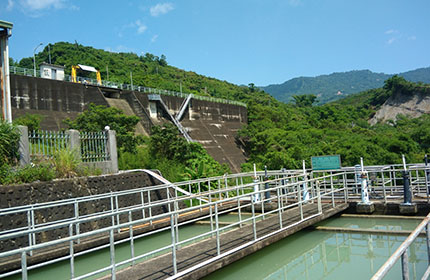 The smart coagulant dose control system is adopted in Jingmian Water Purification Plant, Taiwan Water Corporation to control coagulant dosage.
The smart coagulant dose control system is adopted in Jingmian Water Purification Plant, Taiwan Water Corporation to control coagulant dosage.
Digital water technology is the future trend of the water industry. It requires collaboration across businesses and companies in various fields. Smart wastewater management, precision chemical addition in water treatment, water quality prediction and smart warning system, as well as smart water resource management platform are all consolidated to build a new brain for future water management. Dr. Chang states, "the integration of AI control allows the system to calculate, analyze, determine, and adjust parameters immediately. As for risk control, the system evolves from warning to simulating and predicting. This will greatly enhance the efficiency of usage of manpower, energy, and chemicals."
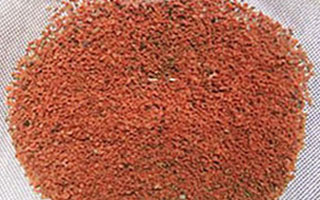 Anammox Sludge
Anammox Sludge
Circular economy is a proactive act to reduce carbon emission. It advocates minimal use of chemicals and consumables and improves recycling efficiency to further lower the impact on the environment. For example, the reusable ionic liquid membrane cleaning chemicals used in membrane cleaning can be recycled through a minimal temperature difference for repeated usage. The R2A Acid-Alkali Recovery Technology facilitates the recovery of dissolved ions in high electrical conductivity waste liquors and transforms into acidic or alkaline solutions with high purity. The residual liquid emitted will meet effluent standards and is easy for further water reclamation.
Water treatment, recycling, and reclamation technology not only protect the environment but also provide a solid foundation for domestic and industrial development. Dr. Chang indicated that, "the mission of ITRI is to introduce cost effective and applicable technologies that will lower the operational cost and strengthen the competitiveness of the industries. Industry will no longer rely on technology and consumables from international companies for complying with international environmental standards." As environment sustainable goals become ever more important, more and more businesses will actively introduce innovative water technology. This is definitely a great enhancement for the development of the water resource industry and environment protection.
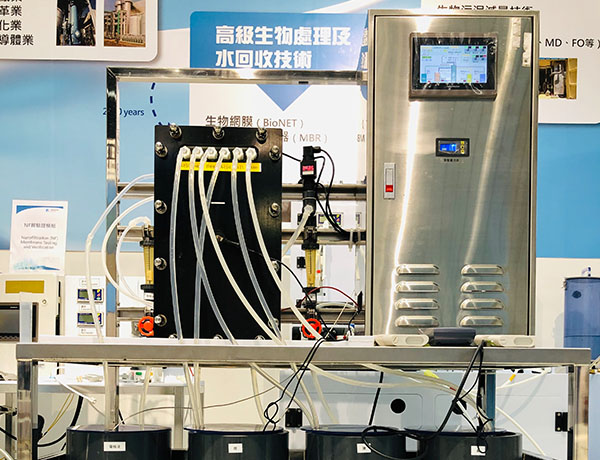 ITRI R2A acid-alkali recovery technology transforms high salinity wastewater into valuable acidic or alkaline solution.
ITRI R2A acid-alkali recovery technology transforms high salinity wastewater into valuable acidic or alkaline solution.
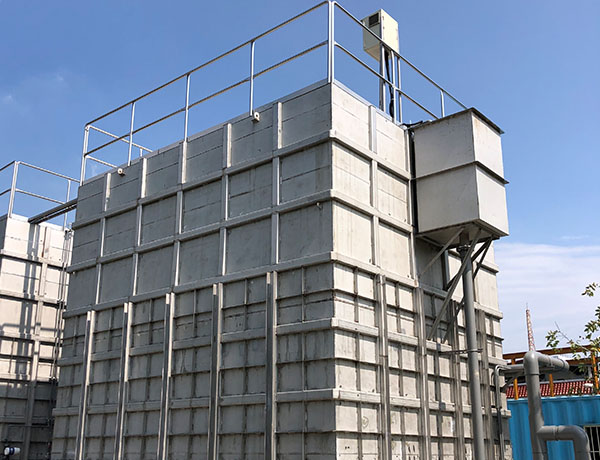 This picture shows ITRI Anammox Bacteria Seeding Reactor built by the Construction and Planning Agency, Ministry of Interior, founded to provide anammox bacteria for municipal WWTP.
This picture shows ITRI Anammox Bacteria Seeding Reactor built by the Construction and Planning Agency, Ministry of Interior, founded to provide anammox bacteria for municipal WWTP.




